A mother wrote to me: I am learning to open my eyes to my son’s addiction and my place in it. Stay Close is what my intuition always told me. There are few resources for parents and most of them are written in a clinical fashion. A professional point of view serves a purpose, but in my most horrible moments of despair, when I feel most lost, I need to hear another mother’s voice to help me feel less alone.
My reflection: There are many families struggling with the same issues and that is why Al-Anon and other family groups help. There we can learn through conversations, shared experiences and literature how to approach the addict with better understanding. We also learn how to protect ourselves and other members of our families.
Today’s Promise: We are not alone, but we often feel alone. Addiction isolates us and we feel shameful and lost. Family groups like Al-Anon are a source of help. Today, I will reach out my hand in compassion and understanding. Today, I will accept help.


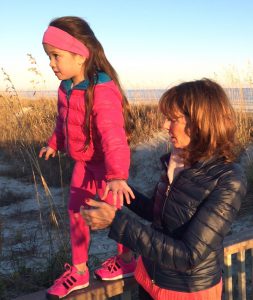
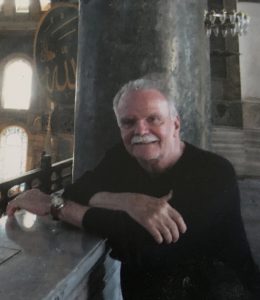
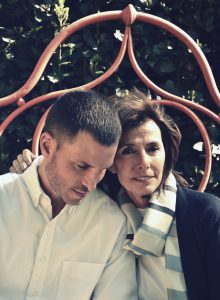
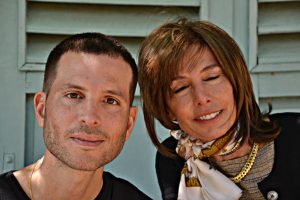
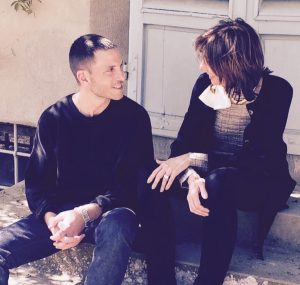
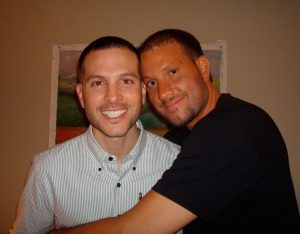



3 Comments.
View Comments | Leave a Comment